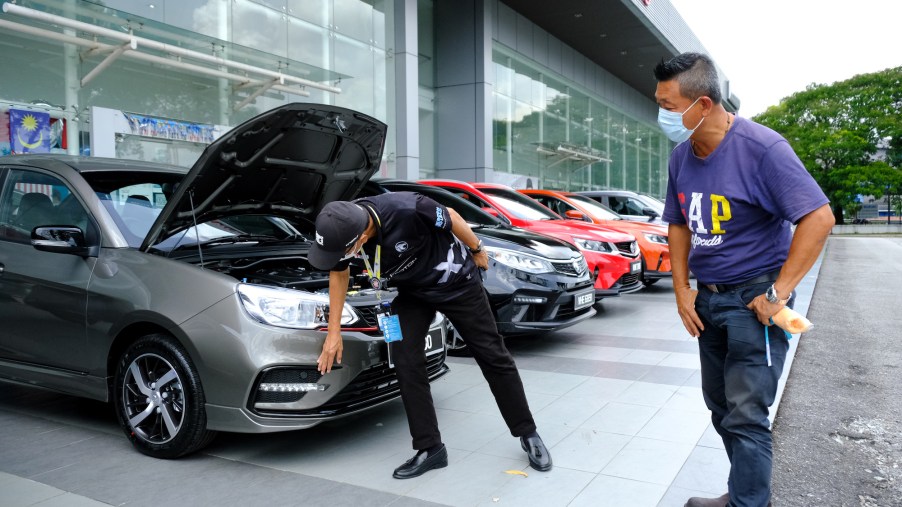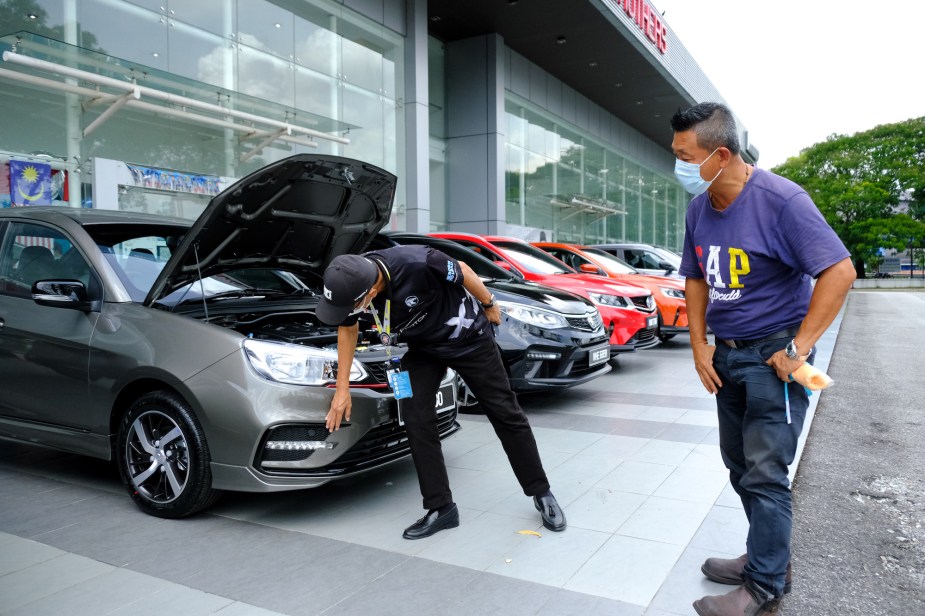
According to J.D. Power, Premium Vehicles Have More Quality Issues Than Mass Market Vehicles
It has been more than two years since the Coronavirus (COVID-19) pandemic began, and the auto industry is still struggling with supply chain shortages, labor problems, and record-high vehicle pricing.
According to J.D. Power, the initial quality of vehicles has also declined, with premium models experiencing more issues than mass-market vehicles. Let’s take a look at what is behind this unprecedented automotive trend.
The effect the pandemic had on the car market

The global trade disruption caused by the pandemic continues to wreak havoc on the automotive industry. Supply chain shortages have plagued automakers, forcing them to deal with delayed shipping, increased freight charges, and the inability to obtain the computer chips and raw materials needed for manufacturing.
In 2020, the import of semiconductor chips from Asia came to a standstill, sending a shockwave through the entire automotive industry. Two years later, automakers still struggle to get the parts needed to return to regular operation.
According to PBS NewsHour, a $52 billion bill is currently in the Senate to boost U.S. semiconductor production.
J.D. Power addresses initial quality issues with premium cars
According to the recently released J.D. Power 2022 U.S. Initial Quality Study (IQS), the disruptions caused by the pandemic have led to a record-high amount of vehicle problems in the 36-year history of the study.
There has been an 11% increase in problems per 100 vehicles (PP100) compared to last year’s results. David Amodeo, director of global automotive at J.D. Power, said, “Given the challenges automakers and their dealers had to face in the past year, it’s somewhat surprising that initial quality didn’t fall even more dramatically.” Amodeo said that while the decline is disappointing, it is understandable, considering “automakers continue to launch vehicles that are more and more technologically complex in an era in which there have been many shortages of critical components to support them.”
The recent IQS study revealed premium vehicles are experiencing more problems than mass-market vehicles. While Genesis and Lexus have been able to avoid the issue, most brands cannot offer the tech features their customers have come to rely on, such as heated seats, parking assist systems, and automatic stop/start functions.
According to Auto News, dealerships have received vehicles without certain features due to the worldwide shortages of microchips and other essential parts. Consumers are taking delivery of these vehicles, sometimes with the promise of adding the advanced features at a later date, when the parts become available.
The most significant problem areas stem from the infotainment features, such as touch screens, voice recognition systems, and Apple CarPlay and Android Auto connectivity.
Alix Partners announced, “Semiconductor shortage will continue affecting vehicle supply through 2024 while geopolitics and pandemic fallout affect short-term sentiment.”
The difference between mass market and premium vehicles
According to American Customer Satisfaction Index (ACSI), mass market vehicles were once considered the “bare-bones option to get you from point A to point B, with flashy features only reserved for the luxury class.” However, as the industry continues to evolve, add-ons such as touchscreen controls, rearview cameras, and Bluetooth pairing make the cars feel slightly more luxurious.
Premium vehicles offer upgraded technology featuring luxurious interiors and better comfort than their counterparts. Traditionally, higher-end vehicles are better made and provide enhanced performance and safety features. Luxury vehicles typically exude class and style in both their design and appearance.
The results of the J.D. Power study indicate premium brand vehicles that typically include more technology have an increased likelihood of initial quality issues.
Amodeo told CNBC, “We’ve never seen an 11% deterioration before.” He claimed, “I didn’t have an appreciation for all the challenges that everybody was going through until we saw the data and synthesized it.”


